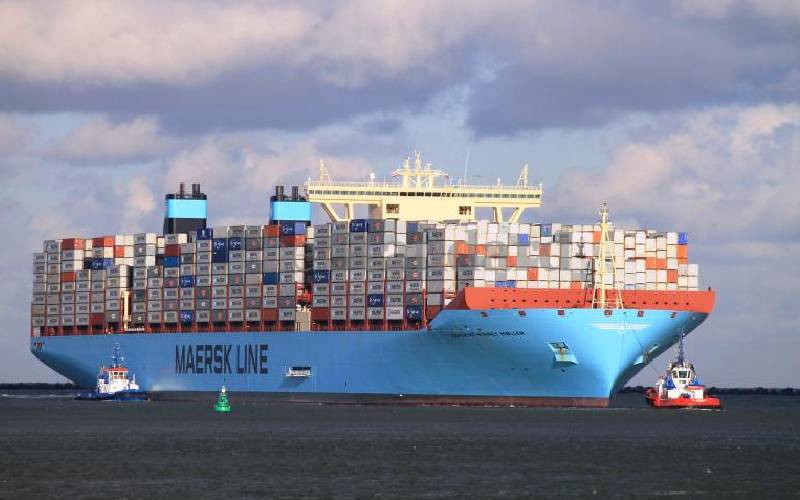×
The Standard e-Paper
Home To Bold Columnists

In a move to strengthen Kenya's maritime industry, the government has entered into a partnership with Maersk, the world's largest container shipping company.
The partnership is expected to transform the training and employment for Kenyan marine engineers, and marks a significant milestone in Kenya's efforts to enhance its maritime capabilities.